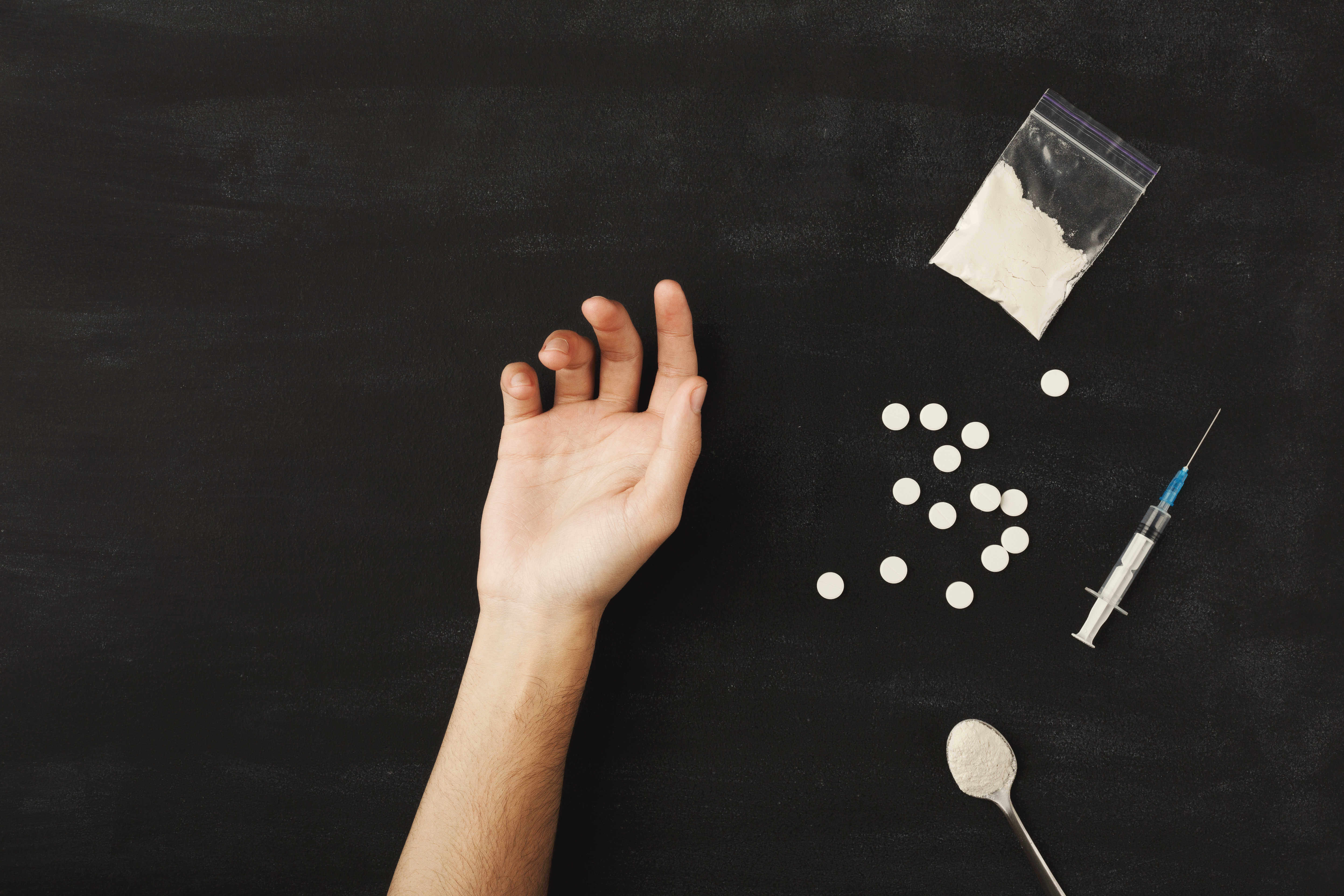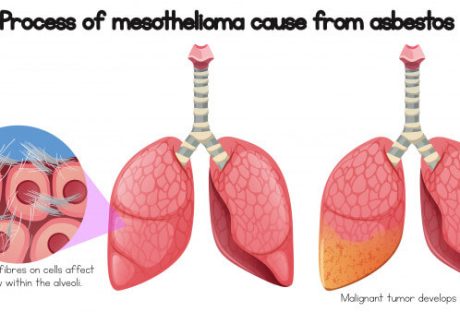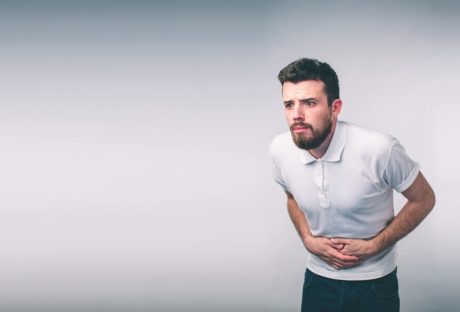In Texas, there are several types of assault. According to state laws, a simple assault involves an intentional act that causes bodily injury against someone. But the law isn’t limited to bodily injury. Simple assault can also involve a threat of bodily injury or offensive physical contact. Learn more about the laws regarding a simple assault in Texas.
Examples of Simple Assault:
To better understand simple assault, you should consider some examples. When most people think of assault, they think of hitting or kicking an individual. But assault can include other violent acts. For example, it can include pinching, poking, or grabbing another individual.
Assault can also include threatening to hurt someone. If someone uses words that make another individual fear their safety, they are guilty of assault. For instance, telling someone you are going to punch them is a form of assault. You make the other person fear that they will be harmed.
If an assault involves some minor injuries, you could face charges of simple assault. However, actions that result in more serious injuries are often aggravated assault. You could face more severe penalties for such a charge. In fact, the severity of the injuries could be the difference between a misdemeanor crime and a felony.
Simple Assault or a Felony?
If your assault involves certain circumstances, you could be guilty of a felony assault. Felony assault comes in three degrees. A simple assault could be a third-degree felony if it involves one of the following situations:
- The assault is against a government official or public servant
- The incident is against an emergency worker or a security guard
- The assault is against someone in your house or a family member
If your simple assault is a third-degree felony, you could so as many as ten years in state prison. You could also be responsible for paying a fine as high as $10,000.
Penalties for Simple Assault:
The term simple assault refers to misdemeanor assault. If you are guilty of a misdemeanor assault, you face one of three charges. The charge that you face depends on the circumstances of the assault.
For example, a Class A misdemeanor is an assault that results in minor injuries only. However, a Class C offense only involves threatening or touching an individual. Class B offenses are more specific in that it involves a threat against someone participating in a sporting event.
If you are guilty of a Class A misdemeanor, you could spend as much as one year in jail and be required to pay up to $4,000 in fines. Meanwhile, a Class B misdemeanor is less serious. The maximum jail time is 180 days and the maximum fine is $2,000. Finally, a Class C misdemeanor comes with the least consequences. There is no potential for jail time and the fine is as much as $500.
In certain situations, the court could make you pay the victim for their damages. For instance, you might need to pay for their medical care, counseling, or property damage.
Charges of simple assault don’t need to ruin your life. If you work with a Fort Worth criminal defense attorney, you improve your chances at a positive outcome. By working with a lawyer, you can fight the charges. Your lawyer can craft a legal strategy that minimizes the consequences or results in a dismissal of charges.
Read Also:






















